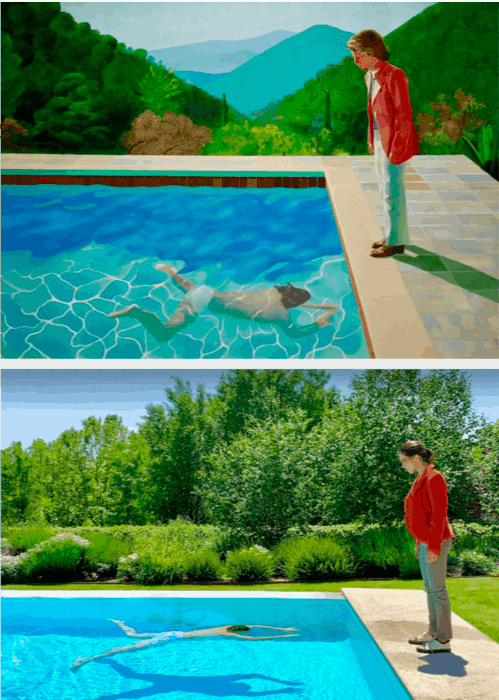Creativity Amid Crisis: The Importance of Art During Hard Times
What defines ‘hard times’? Despair and poverty that was brought on during the World War? Or maybe the current recession? Whichever way you define it, both share a common bond; the resistant and anti-fragile nature that art inhabits during this time.
Recent events have sparked an interest in the value of art and its eternal permanence in society. The production of artworks has taken on a different dynamic, with new topics appearing daily, even in periods of quarantine. The famous Getty Challenge is a perfect example of the power that creative arts can have and how people find comfort in it, even in the most troubled of times. In late March, when people no longer could come to visit the Getty collection in person due to health concerns of the COVID-19 pandemic, J. Paul Getty Museum in Los Angeles issued a challenge: Recreate a piece of art from its collection using just three objects that you have at home. Thousands of people all over the world were engaged. Serious art lovers and rookies alike have been caught in this imaginative challenge, resulting in tens of thousands of responses across social media platforms. Some of which, like the example here produced by our own CEO’s wife, Lorena, are particularly inspired.

Through art, humanity can grapple with the immense cultural shift we are all facing, reminding us of how humanity survived trials and tribulations of the past but also of the hope ahead. We can take joy in beauty and solace in melancholy. Not only does art occupy time within a life of quarantine, but it also continues to connect us with complete strangers. Initiatives like the Getty Art Challenge provide comfort and constancy, when the rest of the world seems lacking.
Echoing the historian Morris Dickstein’s words from his book Dancing In the Dark, The Great Depression demonstrates, “the crucial role that culture can play in times of national trial” In the ’30s it was a decidedly dual role. “The crisis kindled America’s social imagination,” he notes, “firing enormous interest in how ordinary people lived, how they suffered, interacted, took pleasure in one another, and endured”. [1]
Historically, recessions and depressions have been moments when “important work” gets made and that it is why today with an imminent economic crisis about to befall us, with even harder times ahead, we should use the imagination kindled from this challenging period to invest in the arts. Inspired by the crisis we present The Guernica V. Fund that will provide not only intellectual and emotional value, but also prudent financial stability in the form of a conservative alternative investment.

[1] Morris Dickstein, Dancing In the Dark: A Cultural History of the Great Depression. New York: W. W. Norton & Company, 2009, p. xiv.
